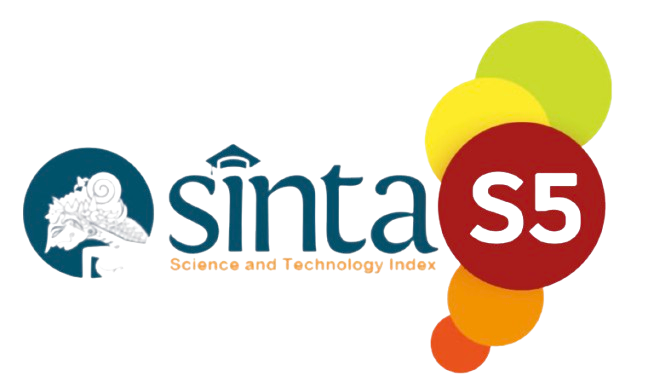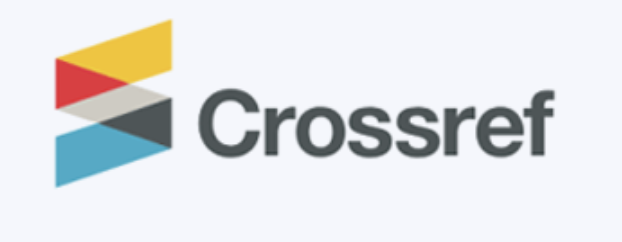The Use of English Song for Improving Students' Vocabulary Mastery: Action Research
DOI:
https://doi.org/10.52217/ijlhe.v5i1.867Keywords:
action research, English song, students’ vocabulary masteryAbstract
The goal of this study was to promote students' vocabulary mastery using English song at MTs Negeri 2 Bandar Lampung's eighth grade. The thirty-two participants in this study were made up of 11 males and 19 females. This study was carried out with the use of classroom action research. The action research model, according to Kemmis and Taggart, consists of two cycles. Planning, action, observation, and reflection were the four steps in each cycle. Before beginning cycle 1, the writer conducted a pre-cycle to determine the students' vocabulary competence as well as their vocabulary challenges. In this study, the writer worked with an English teacher at MTs Negeri 2 Bandar Lampung to collect data from students in the eighth (VIII C) grade. The writer's goal for this study was to increase the students' learning activities and vocabulary knowledge. The students' improvement in learning activities was evident from the average score of students' learning activities in cycle 1 of 7.16 with the criteria quite active, while in cycle 2 of 7.83 with the criteria quite active. As a result, there was a 0.67 point improvement in students' learning activity between cycles 1 and 2. Meanwhile, the students' vocabulary mastery improved, as seen by the average pre-cycle score of 66.25, with 12 students passing the Minimum Mastery Criterion. The average score for the first cycle was 70.87, with 13 students 40.62% passing the Minimum Mastery Criterion, while the average score for the second cycle was 81.37, with 26 students 81.37% passing the Minimum Mastery Criterion. Based on the findings of the data analysis, it is possible to conclude that Classroom Action Research using English song can promote students' learning activities and vocabulary acquisition.
References
Faliyanti, E. (2017). the Influence of English Song Toward Students’ Vocabulary Mastery and Students’ Motivation. PREMISE JOURNAL:ISSN Online: 2442-482x, ISSN Printed: 2089-3345, 6(1), 77. https://doi.org/10.24127/pj.v6i1.785
Ghonivita, Y., Pahamzah, J., & Wijayanti, M. A. (2021). Improving students' listening skills and vocabulary mastery through contextual teaching and learning by using online learning. Journal of English Language Teaching and Cultural Studies, 4(1), 10-21.
Hastomo, T., & Marcela, E. D. (2021). Video Conference in Teaching EFL: A Case Study of Using Zoom. LENTERA: Jurnal Ilmiah Kependidikan, 14(1), 125-132.
Hastomo, T., Marcela, E. D., Ramadhanti, A., Viana, F., & Saftiah, F. (2022). Student’s Perception Of Using Tiktok Application For Learning English Vocabulary. Lexeme: Journal of Linguistics and Applied Linguistics, 4(2), 144-150.
Ilinawati, I., & Dharma, Y. P. (2019). Improving Students’ Vocabulary Through Songs. JEES: Journal of English Educational Study, 1(2), 66–70. https://doi.org/10.31932/jees.v1i2.329
Kurnia, C. (2017). Increasing Young Learners’ Vocabulary Mastery By Using English Songs. JELE (Journal of English Language and Education), 3(1), 42-53.
Nazara, P. (2019). Learning Vocabularies Using Short Stories at Primary School: Students� Perception. JET (Journal of English Teaching), 5(3), 157. https://doi.org/10.33541/jet.v5i3.1308
Sari, I. P., Asahra, E. E., & Yana, Y. (2019). Improving Students’ Vocabulary Mastery Using English Song. PROJECT (Professional Journal of English Education), 2(3), 410. https://doi.org/10.22460/project.v2i3.p410-415
Zahro, M. (2010). the Use of Song Lyrics To Improve Students ’ Vocabulary of Verb. English Department of Tarbiyah Faculty, 1–90.













